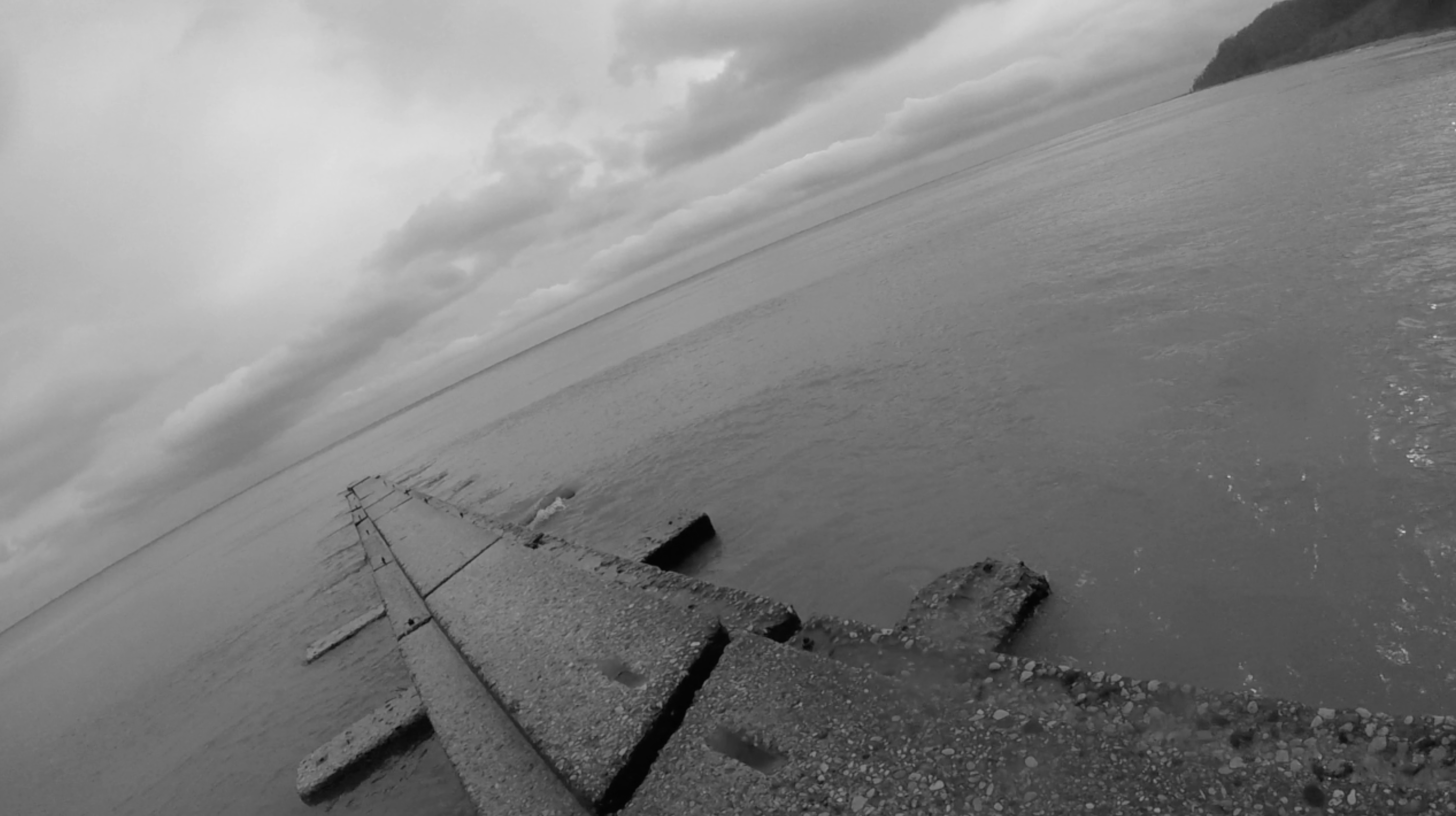Music is life is music

In Make the Road by Walking I mentioned allowing one’s life experiences, personal relationships, childhood memories, visual artistic expressions (ie. the smells, tastes, sights, and sounds of daily life) to influence one’s music. Here, I would like to share with you a personal example of this concept put to action and a glimpse into my own compositional mind.
[youtube=https://www.youtube.com/watch?v=pp7X_ckeE00&t=2s]
There are composers who can, on a dime, write endless melodies and complex chord structures without blinking an eye – music based on numbers, mathematical equations, cycles of the moon, quantum physics, on and on. Composers find inspiration from many different places, much like each musician has an improvisational voice informed by their experience. I do NOT have this particular musical gift, however, and when faced with writing for a particular project, band, recording, deadline or assignment, I would often hit a wall. I feel I cannot compose anything unless I have a “story” – a person, an experience, a feeling – basically some sort of narrative. Nearly every composition I write is tied to a memory of a person, place or thing. Duke Ellington makes a validating point for this concept in a 1944 article entitled “The Hot Bach – I”, for the New Yorker magazine.
“The memory of things gone is important to a jazz musician,” he says. “Things like the old folks singing in the moonlight in the backyard on a hot night, or something someone said long ago. I remember I once wrote a sixty-four-bar piece about a memory of when I was a little boy in bed and heard a man whistling on the street outside, his footsteps echoing away. Things like these may be more important to a musician than technique.”
-Duke Ellington
The New Yorker, June 24, 1944 Issue / “The Hot Bach – I”
By Richard O. Boyer
newyorker.com/magazine/1944/06/24/the-hot-bach-i
To combat writer’s block and help “jumpstart” my creativity I started keeping a compositional journal at the urging of a teacher. I took the journaling one step further, however, to include musical AND non-musical items befitting Ellington’s above concept:
• photos from a family vacation, day trip, museum visit
• a particularly profound quote or idea from a video, poem, book, or interview
• a catchy chord progression or melody fragment I’ve overheard out in public or on TV
• an anecdote from a conversation, gig, lesson
• an inspiring visual art piece

[As a side note, my “journal” is mostly my iPhone – voice memo, notes, camera, instagram/twitter, as well as a small “field notes” notebook. Above, a screenshot of my notebook/journal, including a quote from the 1969 documentary film, “Ornette, Made in America”, describing Ornette’s uncanny ability to sound like Charlie Parker.]
I wrote the piece “Bender Park” based on a wild adventure I had with my three boys, in which we discovered a mysterious and hidden place. The film footage was taken by my then 9-year old son at “Bender Park” in Oak Creek, WI.
“The Good Land” on Shifting Paradigm Records
SPR: http://www.shiftingparadigmrecords.com/lesser-lakes-trio.html
Bandcamp: http://bit.ly/TheGoodLand
iTunes: http://bit.ly/LLT_iTunes
Amazon: http://bit.ly/LLT_Amazon